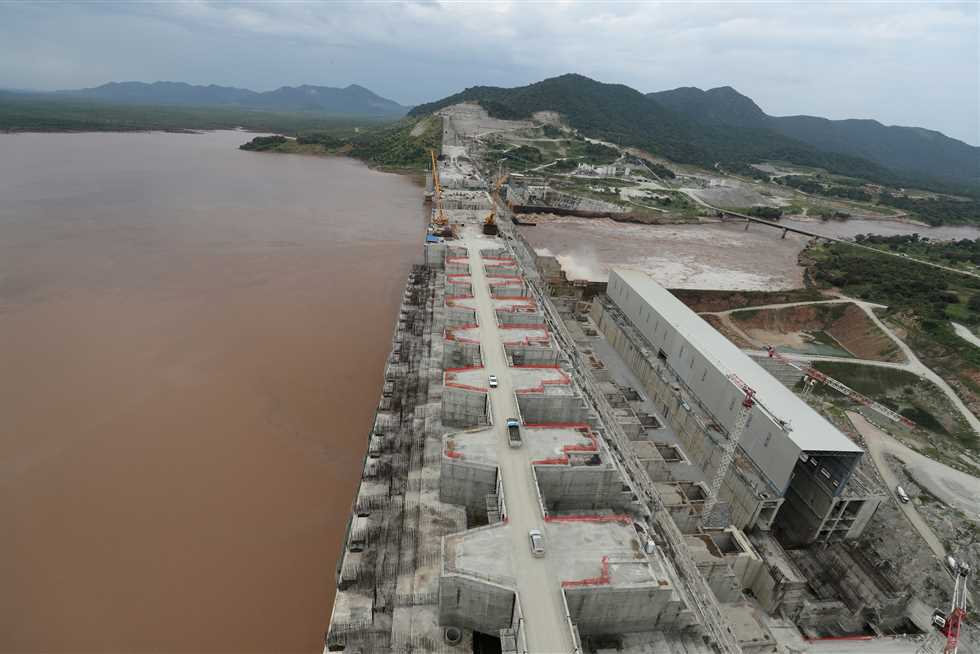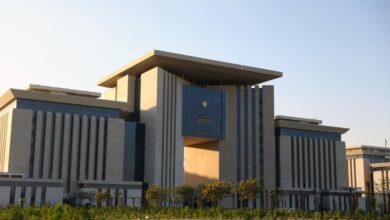
Egyptian Minister of Water Resources and Irrigation Hany Sewilam assured on Tuesday that Cairo is closely monitoring Ethiopia’s “tampering” of the Nile River, the Sky News Arabia website reported.
In an interview with the media, the minister added that Ethiopia’s actions are often unjustified and unscientific, and that there is a disturbance in the process of filling and operating the dam.
Addis Ababa continues to unilaterally fill the Grand Ethiopian Renaissance Dam (GERD), he said, adding that negotiations are merely a waste of time and a political cover.
The minister questioned why Ethiopia is withholding billions of cubic meters of water while it is not ready to generate electricity and is exposing it to evaporation.
Egypt has endured a lot, he noted, and has proposed many technical solutions that have always been met with flimsy arguments from Ethiopia.
Sewilam stated that the failure of negotiations over the past 12 years is due to Ethiopia’s lack of political will to reach an agreement.
Extent of the damages
When asked about the current extent of the GERD’s damage to Egypt, the minister said, “We cannot assess the extent of the dam’s damage to Egypt until the end of the season and the full filling.”
Sewilam emphasized that there is no alternative path to preserving Egypt’s water security other than the Nile River’s waters, affirming that Egypt cannot give up a single cubic meter of that water.
The minister pointed out that the per capita share of water in Egypt is currently around 500 cubic meters per year and that the water deficit is approaching 50 percent of the available water in the country.
He also explained that Cairo is working to cover the water gap by importing water in the form of agricultural crops such as wheat, specifically about 34 billion cubic meters of water in the form of agricultural crops in addition to reusing 21 billion cubic meters of water.
The minister assured that Egypt is continuing to expand water desalination to keep pace with the rapid population growth in Egypt.
Egypt is committed to protecting civilians from any negative impact, he said, adding that it has taken measures that have cost a lot.
In addition to the measures taken by Egypt, he said that the floods in recent years have been high and above average, which has helped prevent damage to Egypt’s citizens.
However, Sewilam still believes that there may be periods of drought in the future that could affect Egypt’s water security.




